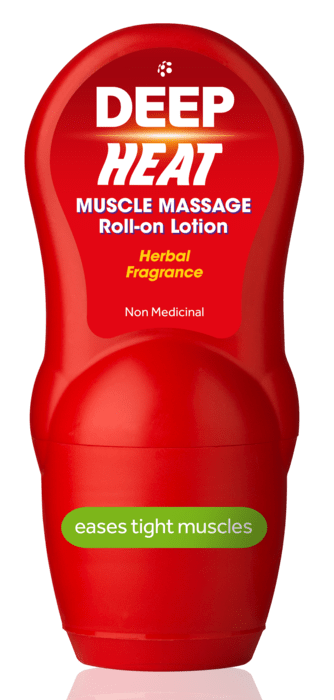
Free Your Mind
(And the rest will follow)
Warming up your mind before a sporting challenge is just as essential as warming up your muscles.
With any exercise, consider adopting a mental ‘warm up’ aspect to your preparations.
Preparation is the key to avoiding anxiety, stress and even injury in the run up to any big event.
Alongside physical training, a range of mental training techniques have been validated, including mental imagery techniques, pre-performance routines and self-talk. It’s about finding the combination that works best for you.
Clinical psychologist, Richard Sherry* explains:
“We can ensure we are physically fit for an event and even look the part by buying the best gear."
"Making sure we are in the right mind-frame to succeed is often forgotten, despite studies showing that mental practice not only enhances performance but can also be even more effective than physical practice."
"In fact, as much as 50 – 90% of athletic performance is entirely down to state of mind.”
Physiotherapist William Kenton* adds:
“Alongside warming up your mind, it’s important to warm up your muscles prior to exercising to get the most of your training and prevent injury."
"A five-minute warm up is sufficient, incorporating a range of dynamic stretches which help improve muscle flexibility and prepare the body for exercise. This is also a good time to practice self-talk to get you in the zone for the task ahead – which benefits body and mind”.
Naturally, mental warm-ups are only part of training, albeit a crucial component. Both brain and muscles need warming up for the best performance.
Some mental ‘workouts’ to try include:
Pre-performance routines:
Ensure you are in a positive headspace by thinking about your goal and imagining yourself achieving it.
Then focus on preparing your body with a dynamic warm up, incorporating a product like Deep Heat Muscle Massage Roll-on Lotion to help prepare tight, tense muscles.
Once you return, take time to rehabilitate your muscles with a cool down and debrief (with your running partner or by yourself) to determine what you could have done better.
Then put steps in place to optimise your performance next time.
Imagery techniques:
Visualising each step of the way can improve performance.
Put as much detail into your visualisation as possible – thinking about what you will see, hear and smell. It’s also important to envisage the parts you will find hard, as well as the steps you will take to overcome them.
Think about how you will prepare and what you will do when you begin to feel tired.
Self-talk:
Create powerful marathon mantras you can say to yourself during training, before, during and after the race. Make sure they are positive and concise, so you won’t forget them.
Ex-Team-GB rower turned runner & PT Toby Garbett ensures he has both a physical and mental strategy in place during training.
He says: “I used to get beaten by myself mentally in the lead-up to the big day. My mind would start creating ‘what if’s’, thinking of the worst-case scenarios which would impact my performance."
"I now practice a positive mind set by visualising positive training or race outcome before the start. A combination of physical and mental strategies has really helped my performance."
"I always start by doing active, dynamic stretches which replicate the movement of the activity I will be doing to help prevent injuries."
"If I’m running, I rub Deep Heat Muscle Massage Roll-on Lotion into tight muscles, as this helps to warm them up and increases blood supply, getting them ready for action. I then do five minutes of leg swings, lunges and squats before I start my run.”
Give your muscles a boost by incorporating Deep Heat Muscle Massage Roll-on Lotion into your pre-performance routine to help loosen and soften them.
Heat improves blood flow, which can improve muscle flexibility and performance.
If you do become injured, follow the P.R.I.C.E method, (Protect, Rest Ice, Compress, and Elevate).
Supplement this process by using a cooling product such as Deep Freeze Glide-On Gel for up to 72 hours, to help cool and soothe the affected area. Then switch back to heat to help rehabilitate muscles.
* The healthcare professionals involved do not endorse any medicinal product or brand.
Learn more about Heat Therapy
EXPLORE NOW


